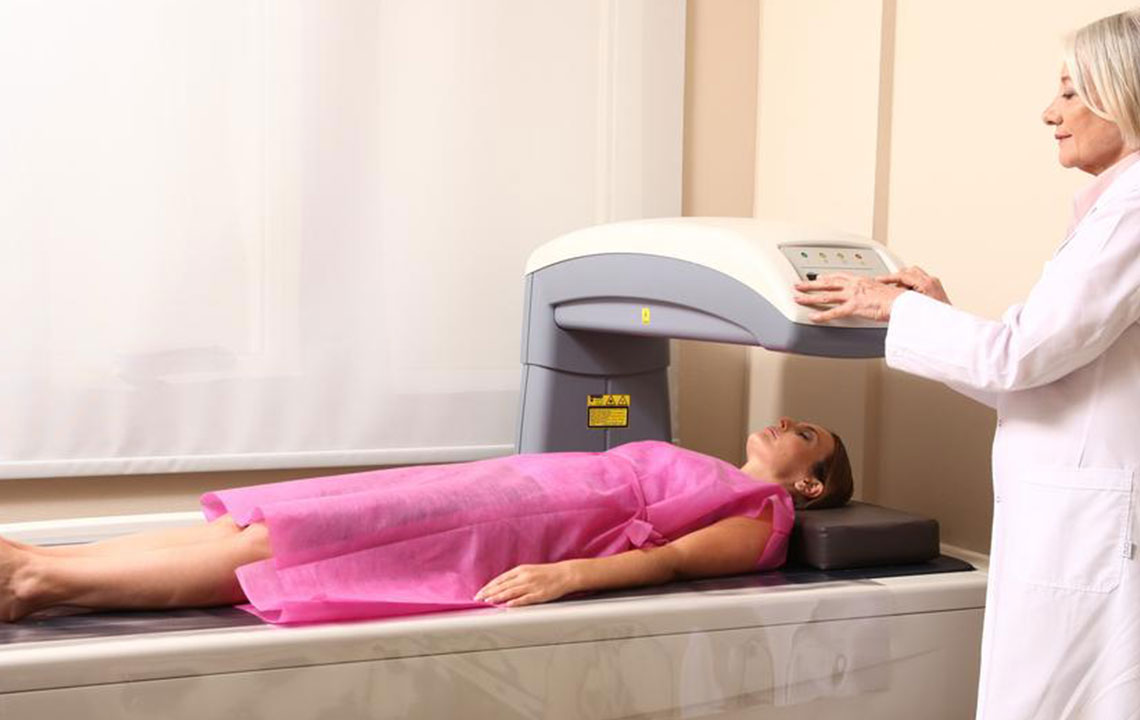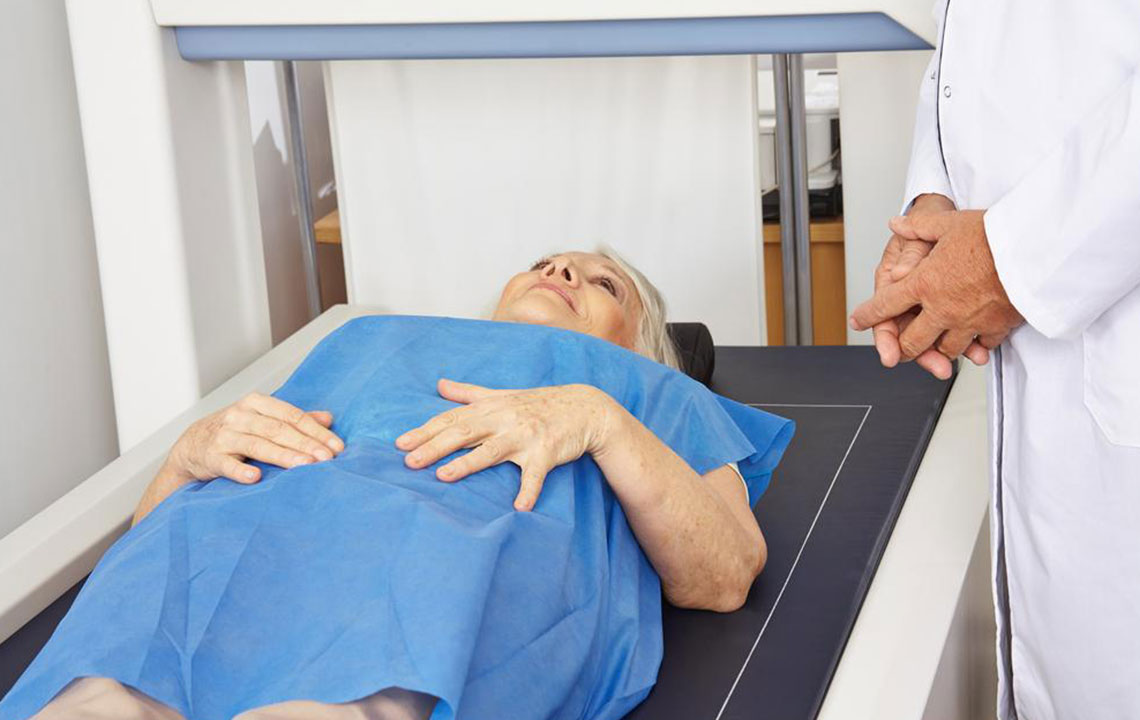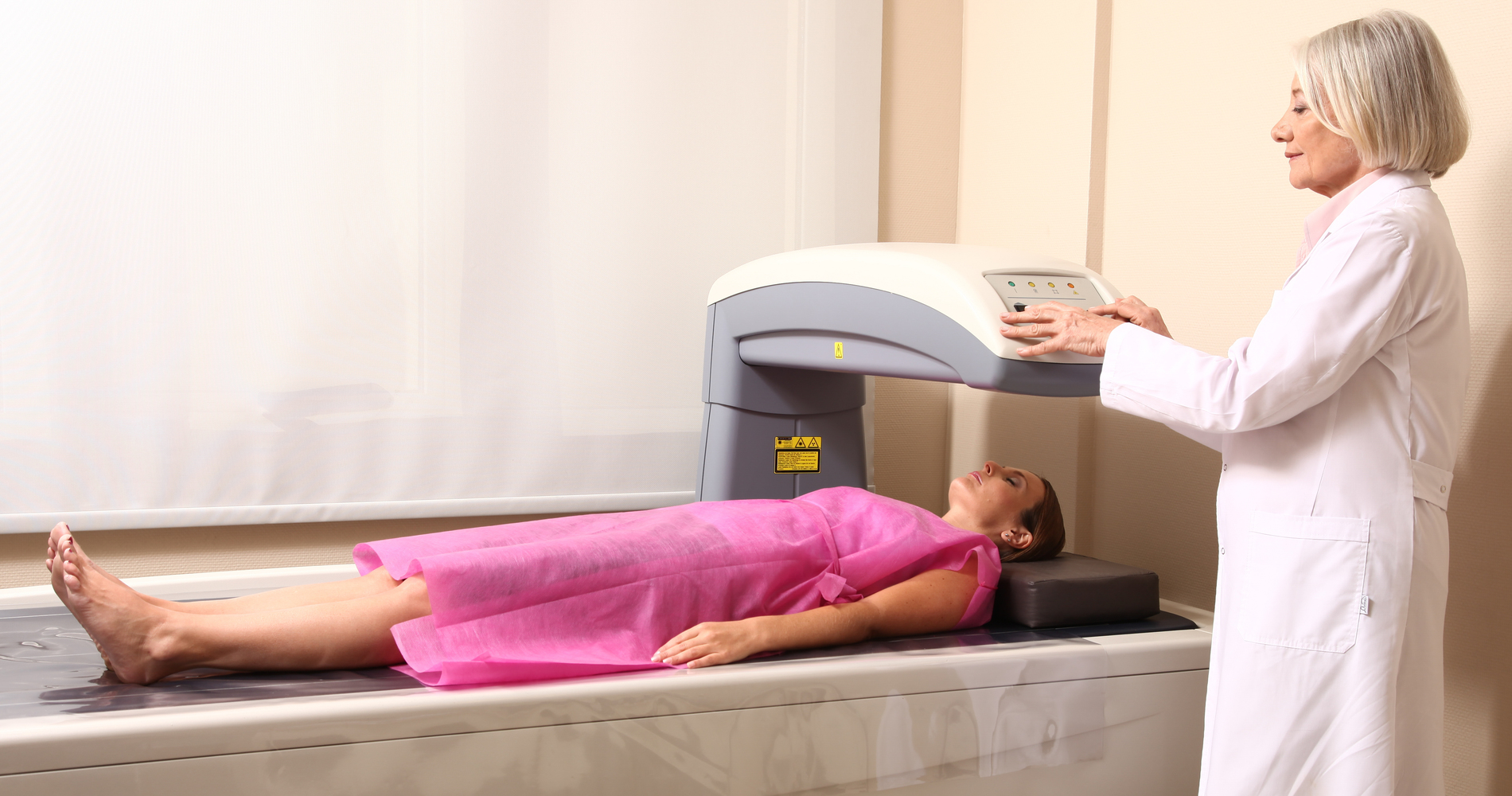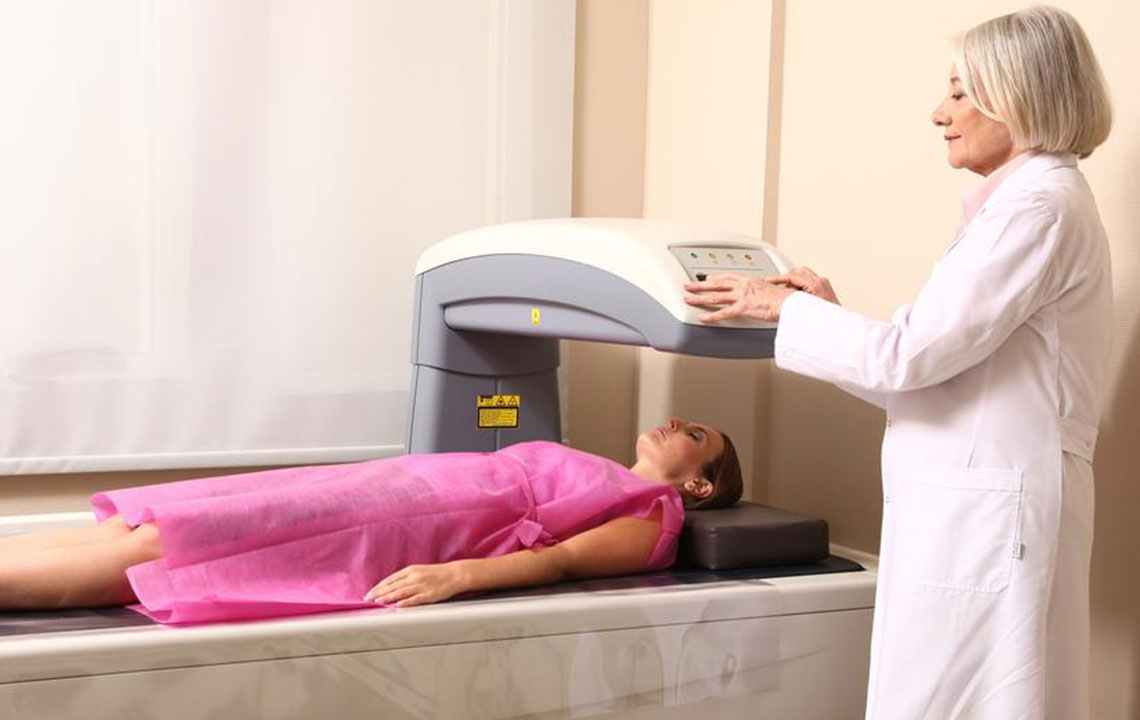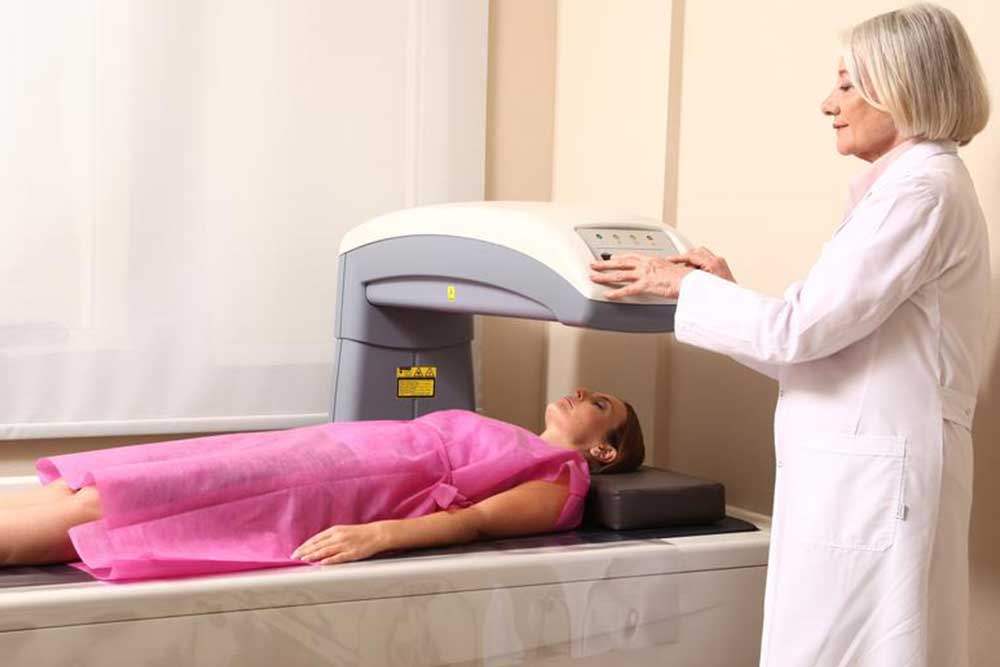Importance of Undergoing a Bone Density Assessment
Discover why regular bone density testing is vital for assessing bone strength, detecting osteoporosis early, and preventing fractures. Learn who should get tested and how it helps maintain healthy bones through early intervention. This simple, painless scan can identify risks associated with fractures, osteoporosis, and hormonal changes, especially in women over 50 or those with a family history. Regular testing, alongside proper nutrition and lifestyle adjustments, is crucial for bone health. Protect your bones and prevent future issues with timely assessments.
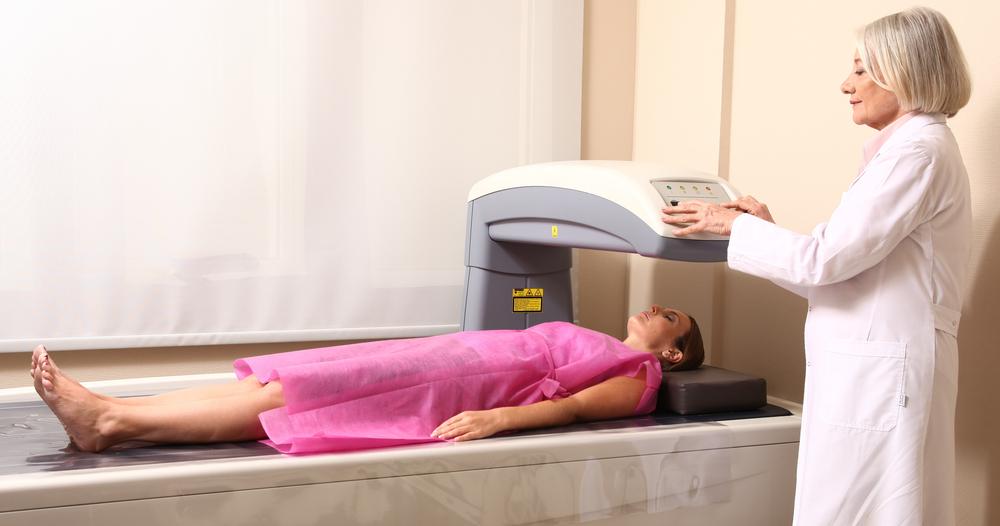
Understanding the Value of a Bone Density Check
A bone density assessment measures the mineral content in your bones, helping determine their strength and risk of fractures or osteoporosis. This painless, noninvasive procedure uses dual-energy X-ray absorptiometry (DXA) scans, typically targeting areas like the spine, hip, fingers, wrists, or heels.
Reasons to consider a bone density scan:
History of fractures: If you've previously experienced fractures or are prone to them, testing can reveal low bone density, increasing fracture risk.
Loss of height: Significant height reduction may indicate decreased bone density, warranting a test to assess osteoporosis.
Severe thinness: Underweight individuals below 127 pounds should get tested, as low weight can correlate with weak bones and higher fracture chances.
Post-transplant recovery: After organ transplants, bone health can fluctuate, making regular checks essential.
Hormonal changes: Recent medication or steroid use causing hormone level drops might negatively affect bone density.
Family history of osteoporosis: Genetic predisposition suggests increased risk, so periodic screenings are advised.
Women over 50: Menopause-related estrogen decline can lead to accelerated bone loss; regular testing helps monitor progression.
Maintaining a diet rich in calcium and vitamin D, along with healthy lifestyle choices, supports bone health. Early detection through bone density tests allows for timely intervention and management of osteoporosis or related issues.
Note: Our articles aim to provide informative insights based on research. However, for personalized medical advice, consult a healthcare professional. We do not guarantee the completeness of all data and recommend verifying information from trusted sources.

